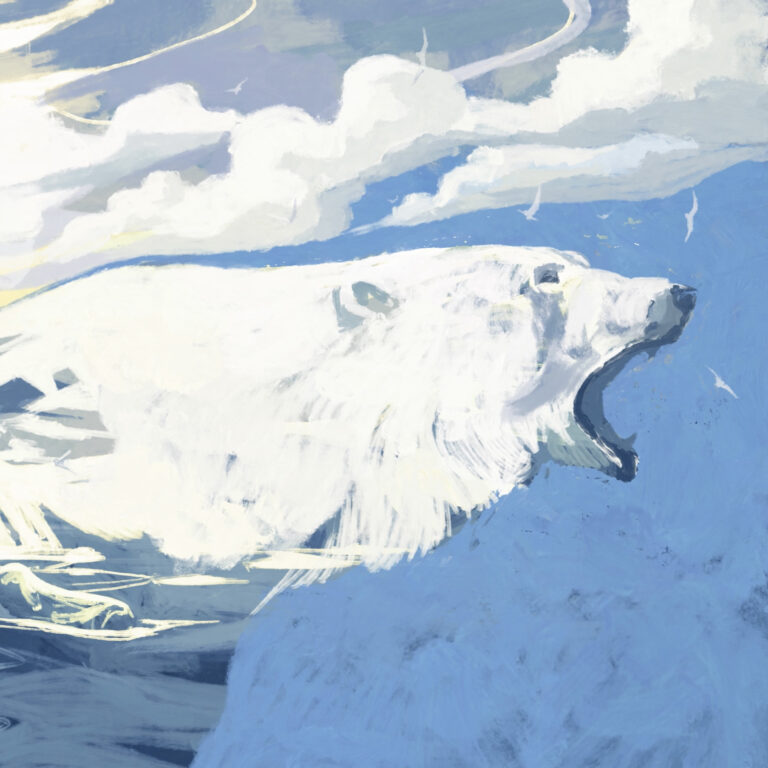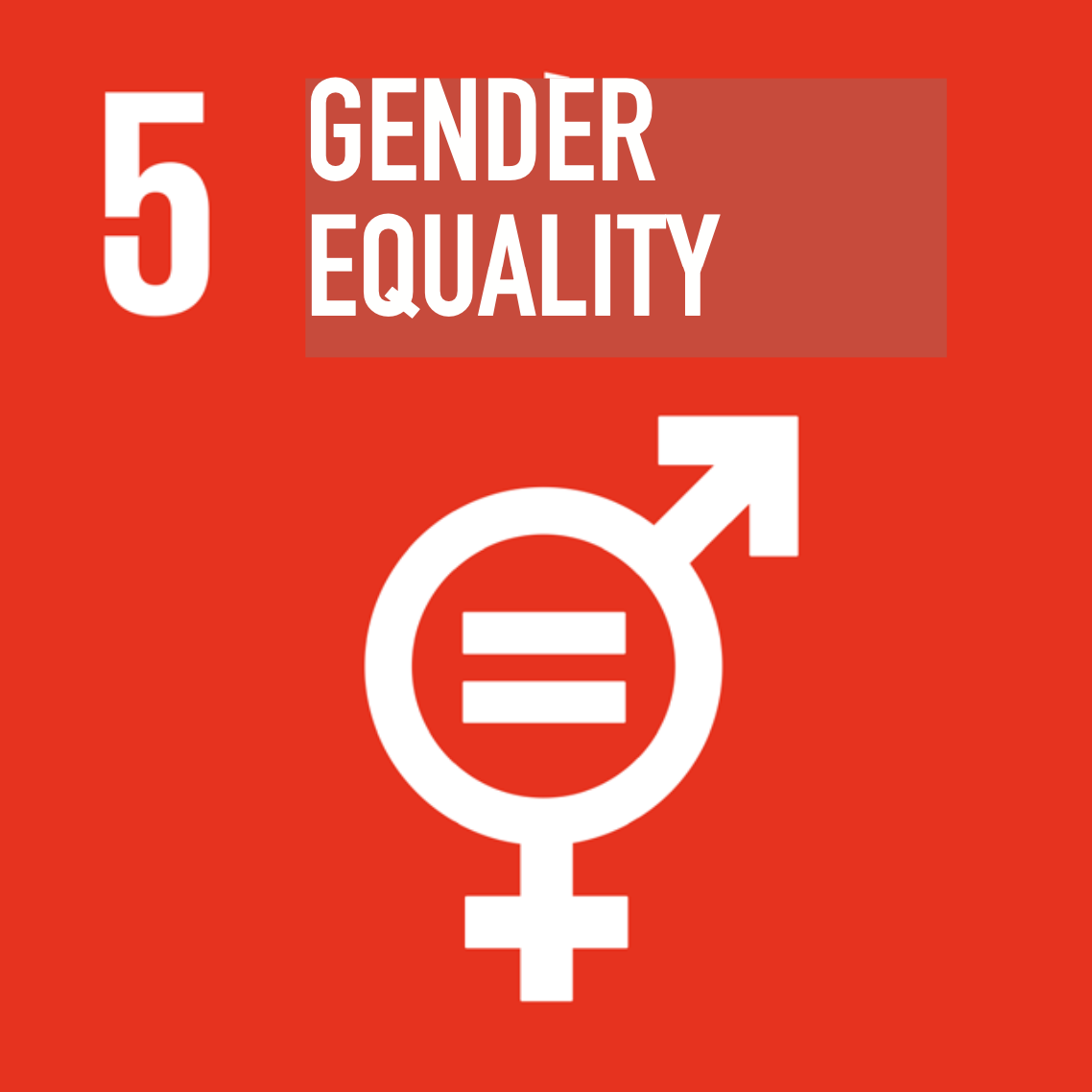
Achieve gender equality for the emancipation of all women and girls.
+ 39 0578 293050
Località Pineta, 86
06061 Macchie, Castiglione del Lago (PG) - Italia
P.iva: 03453880548
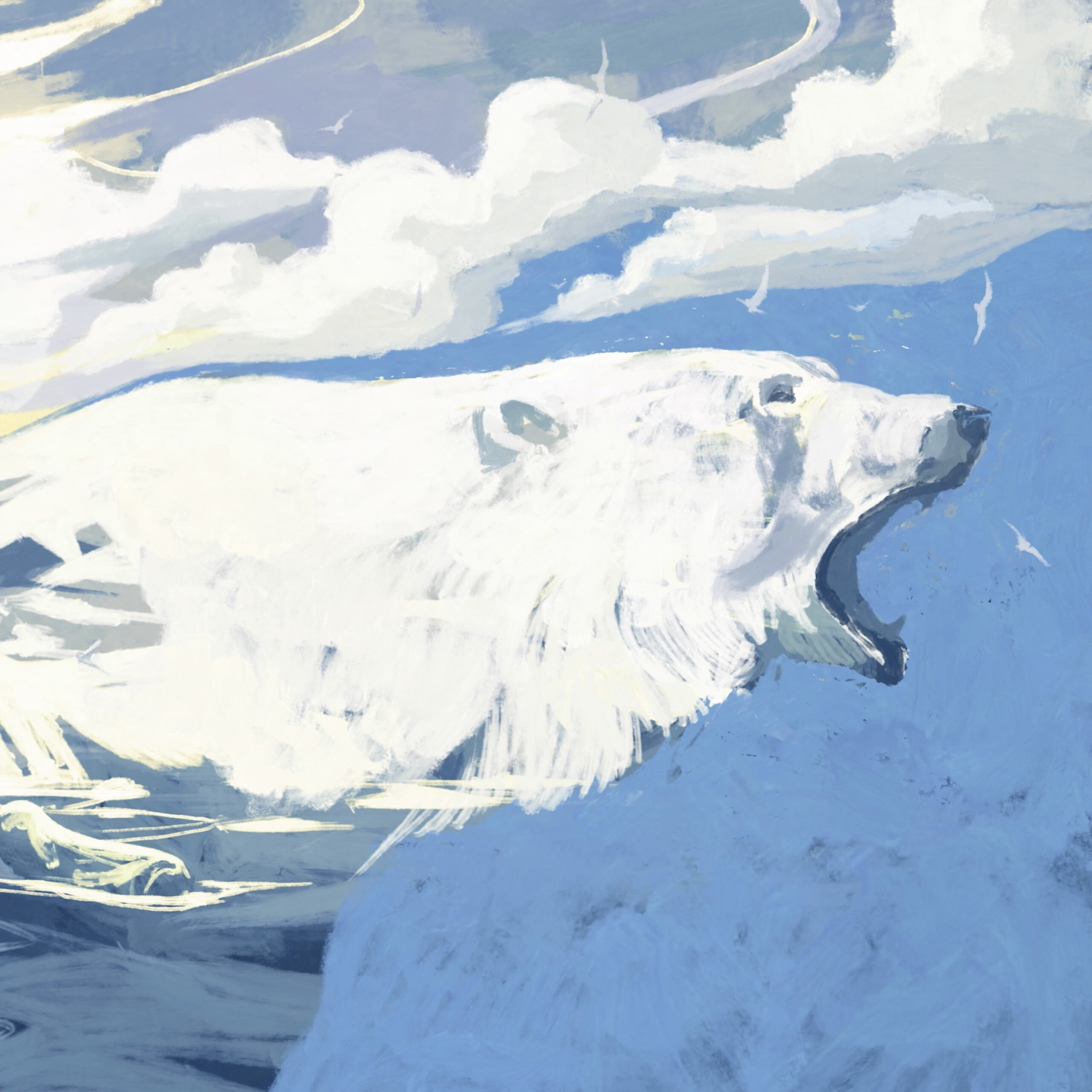

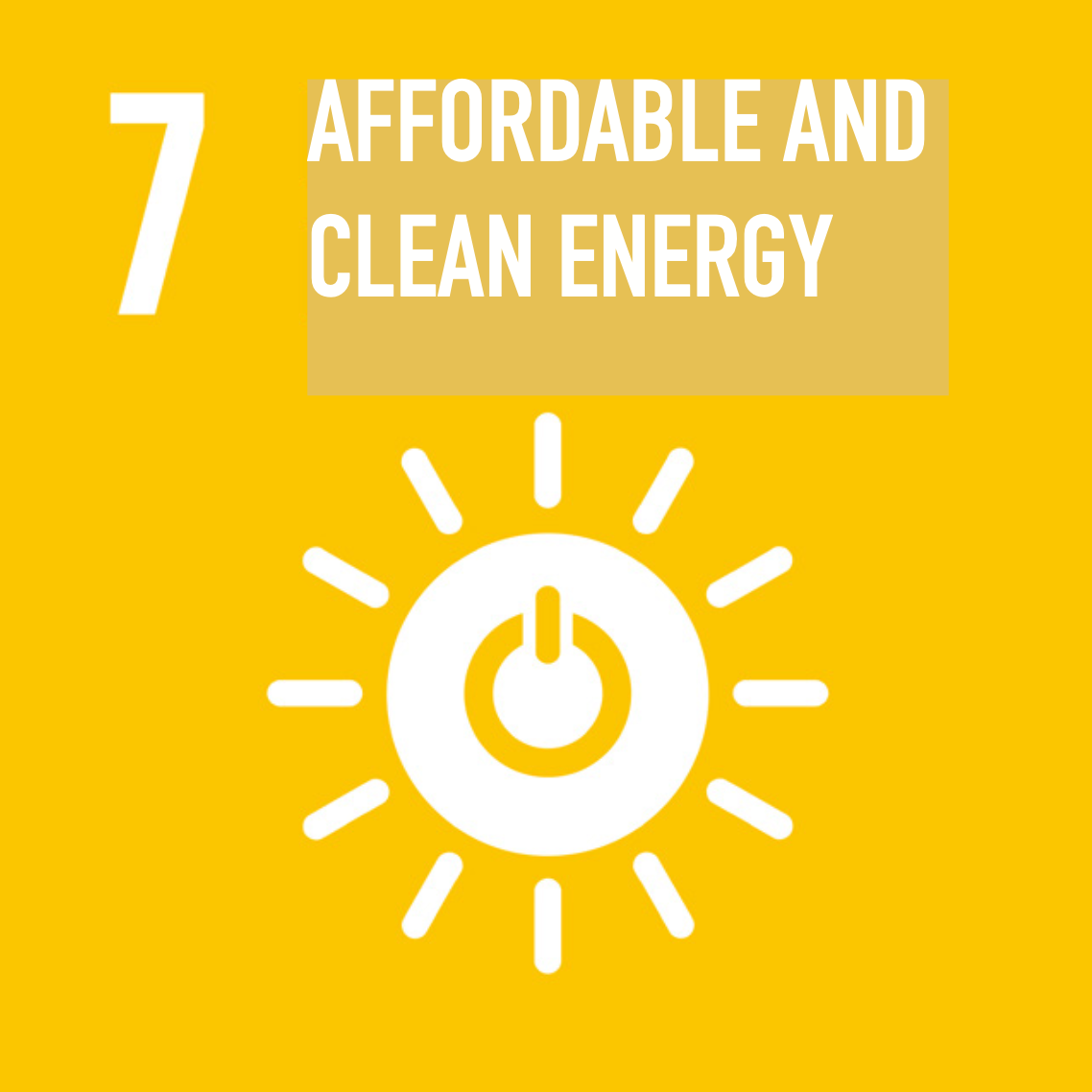
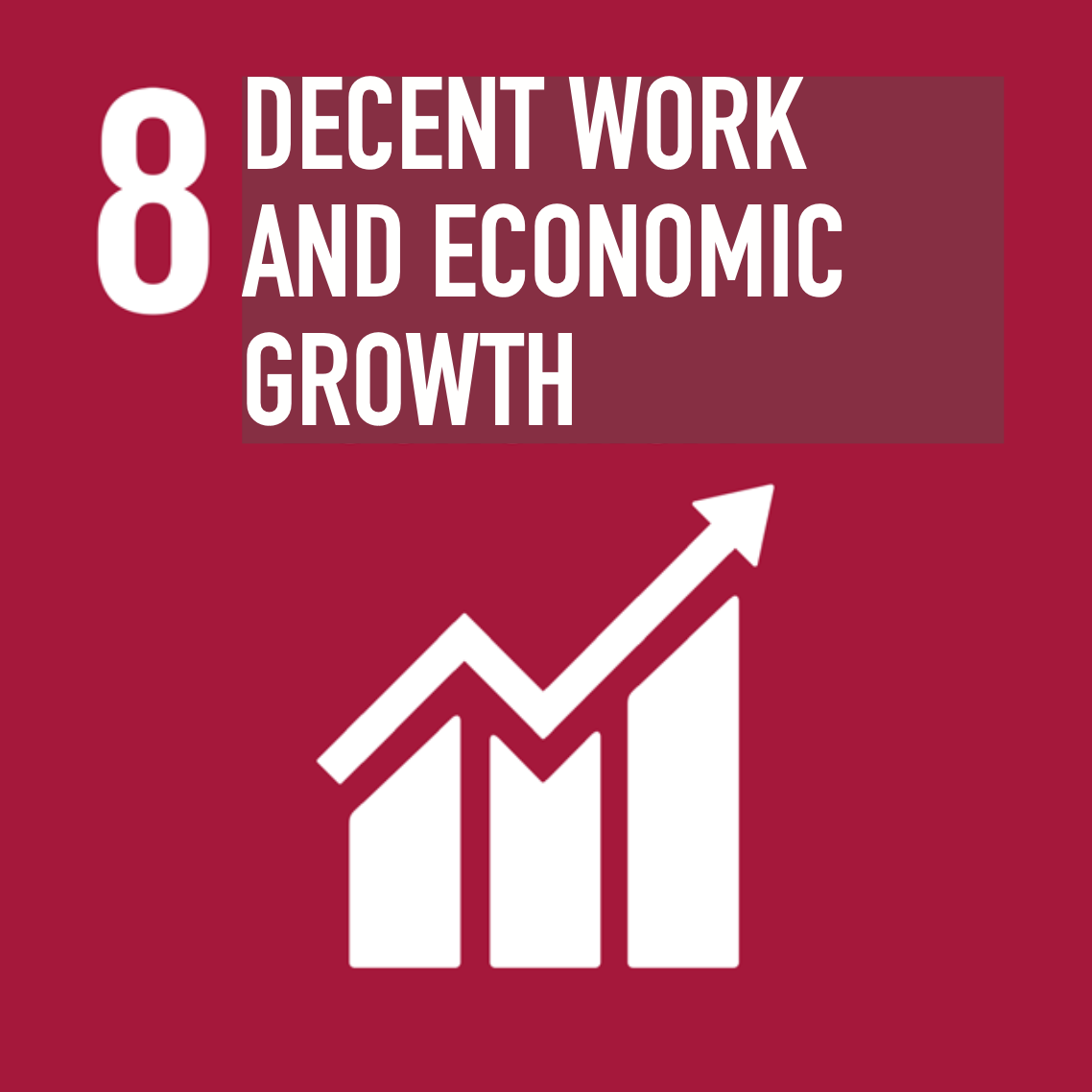
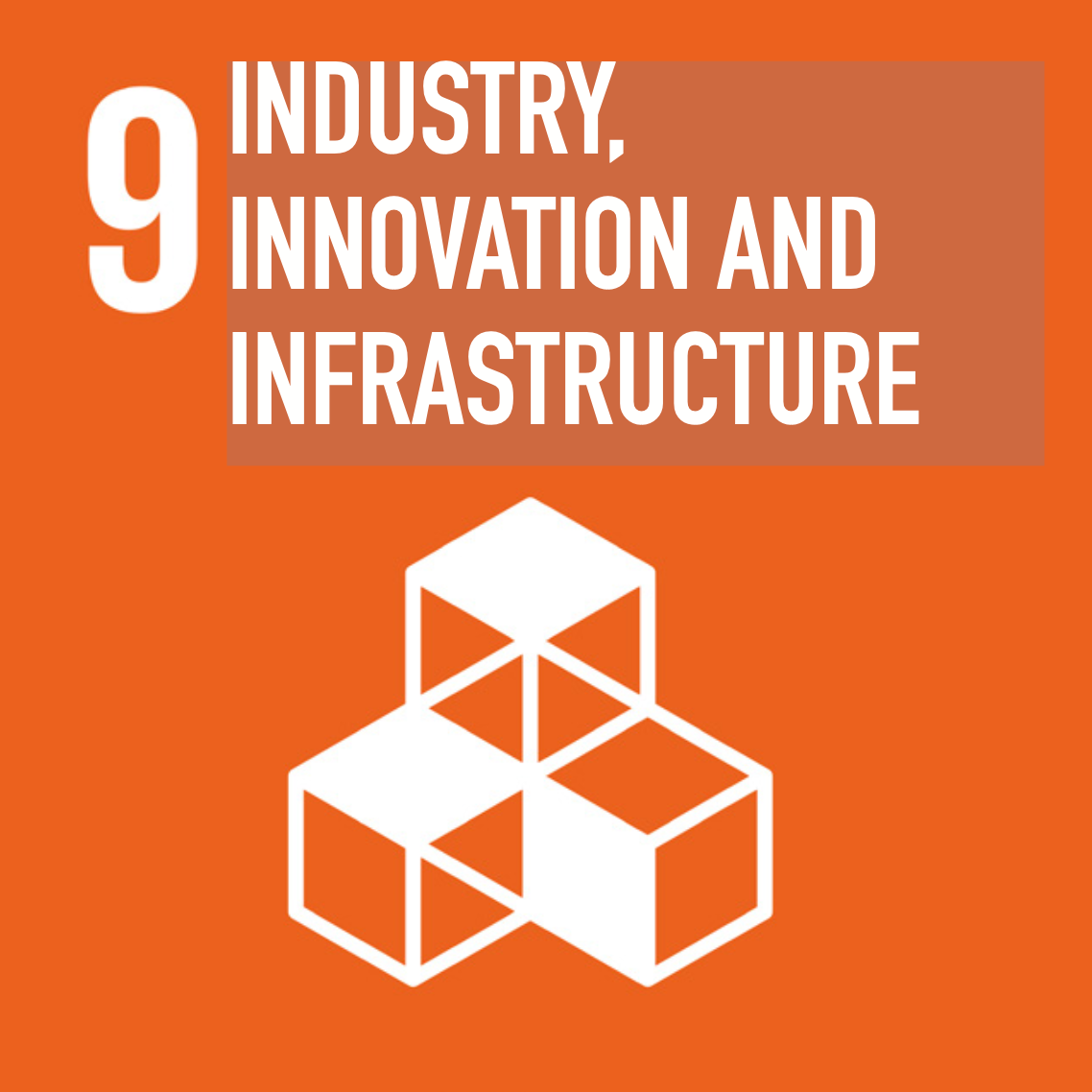
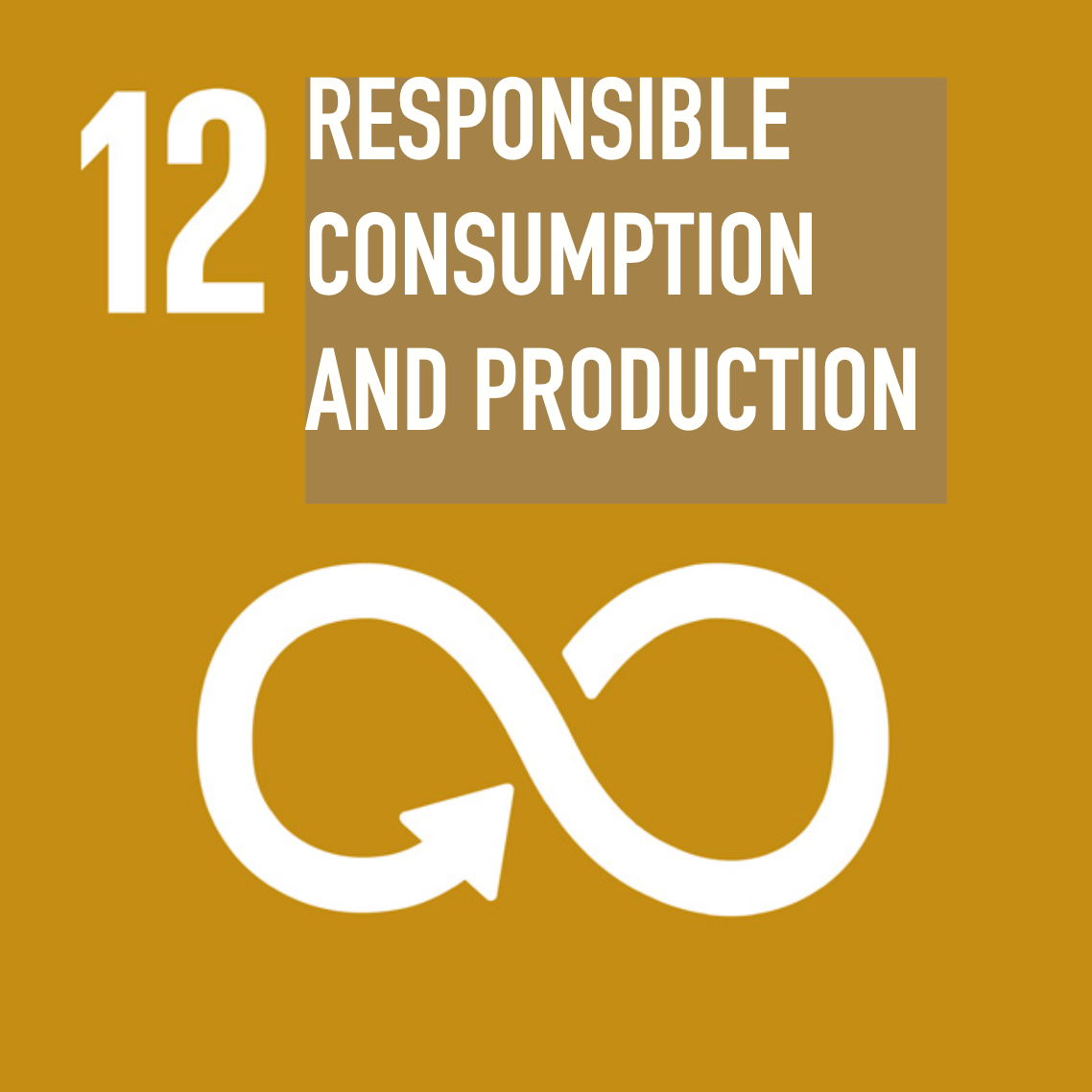
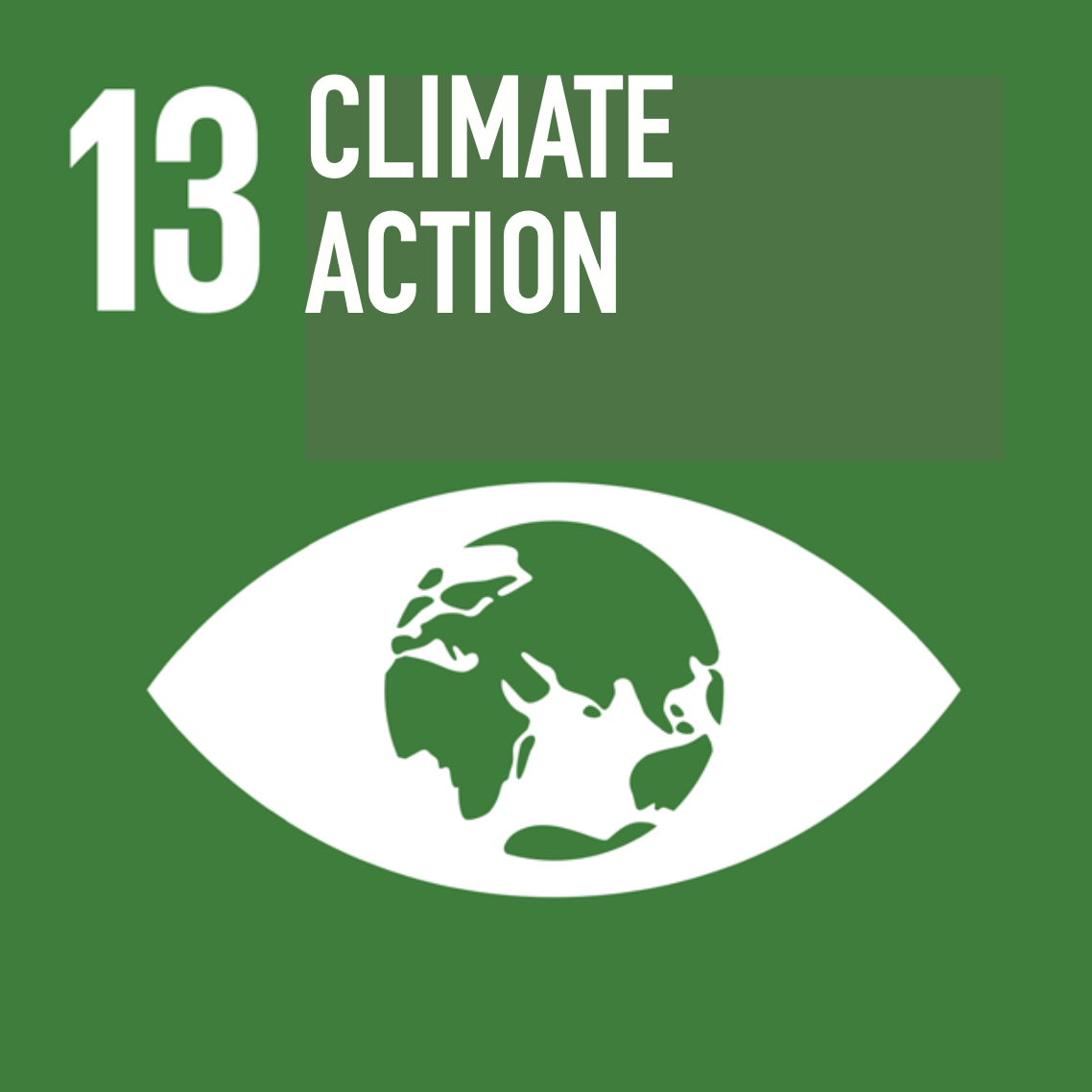
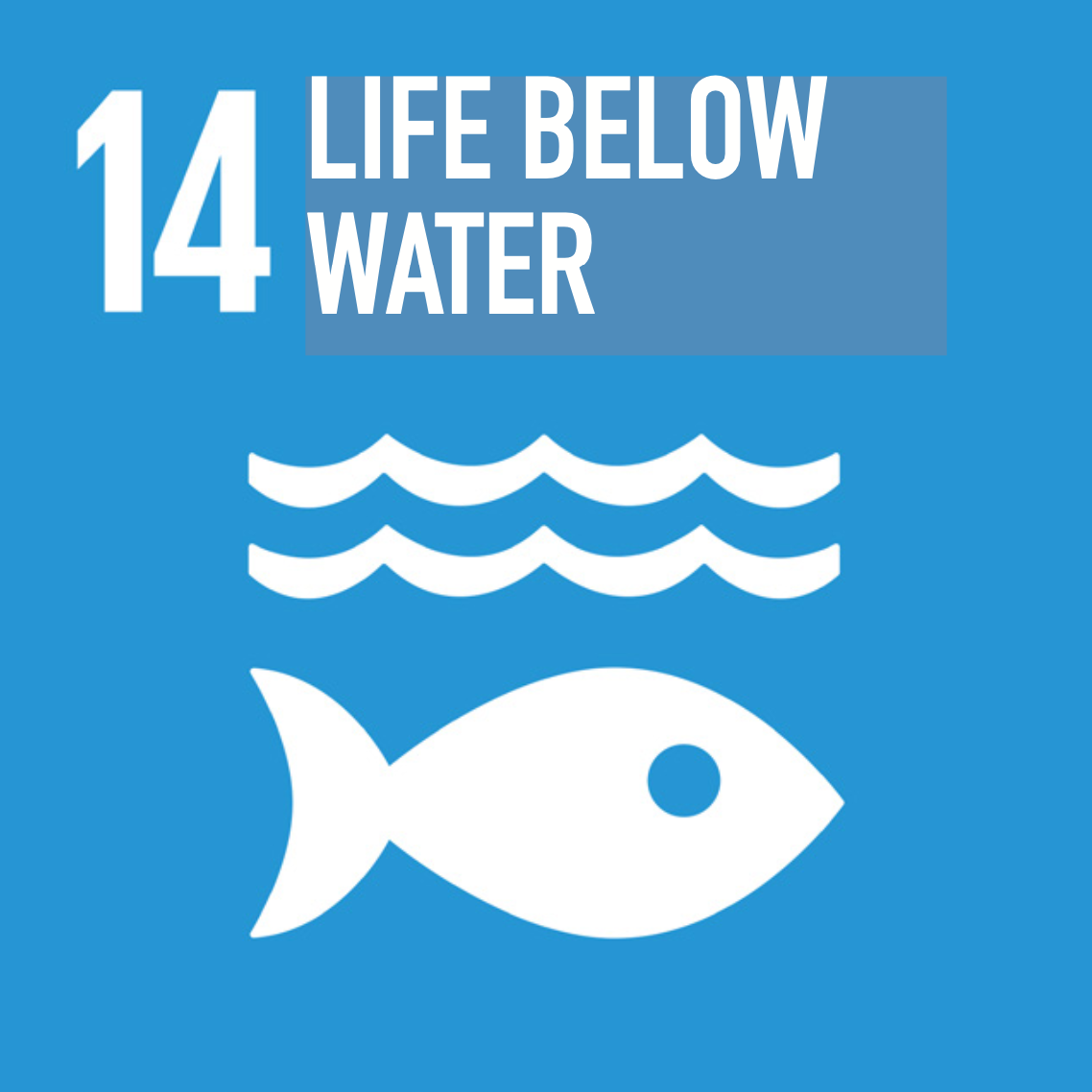
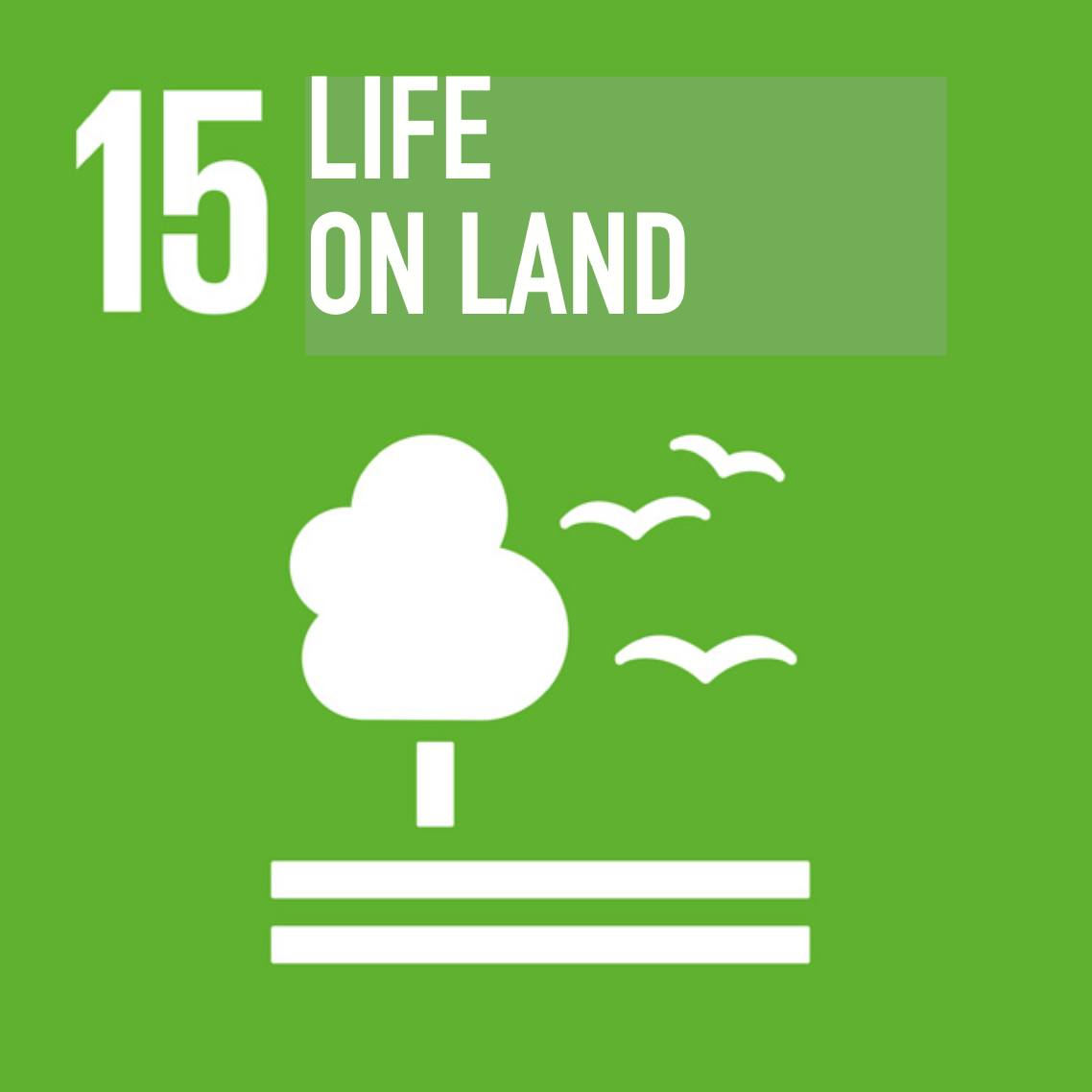
Sustainability and manufacturing excellence are two key assets for our business. We have been behaving virtuously toward the environment for years now, basing our actions on competence, shared ethical values and the cultural dissemination of sustainable development paths.
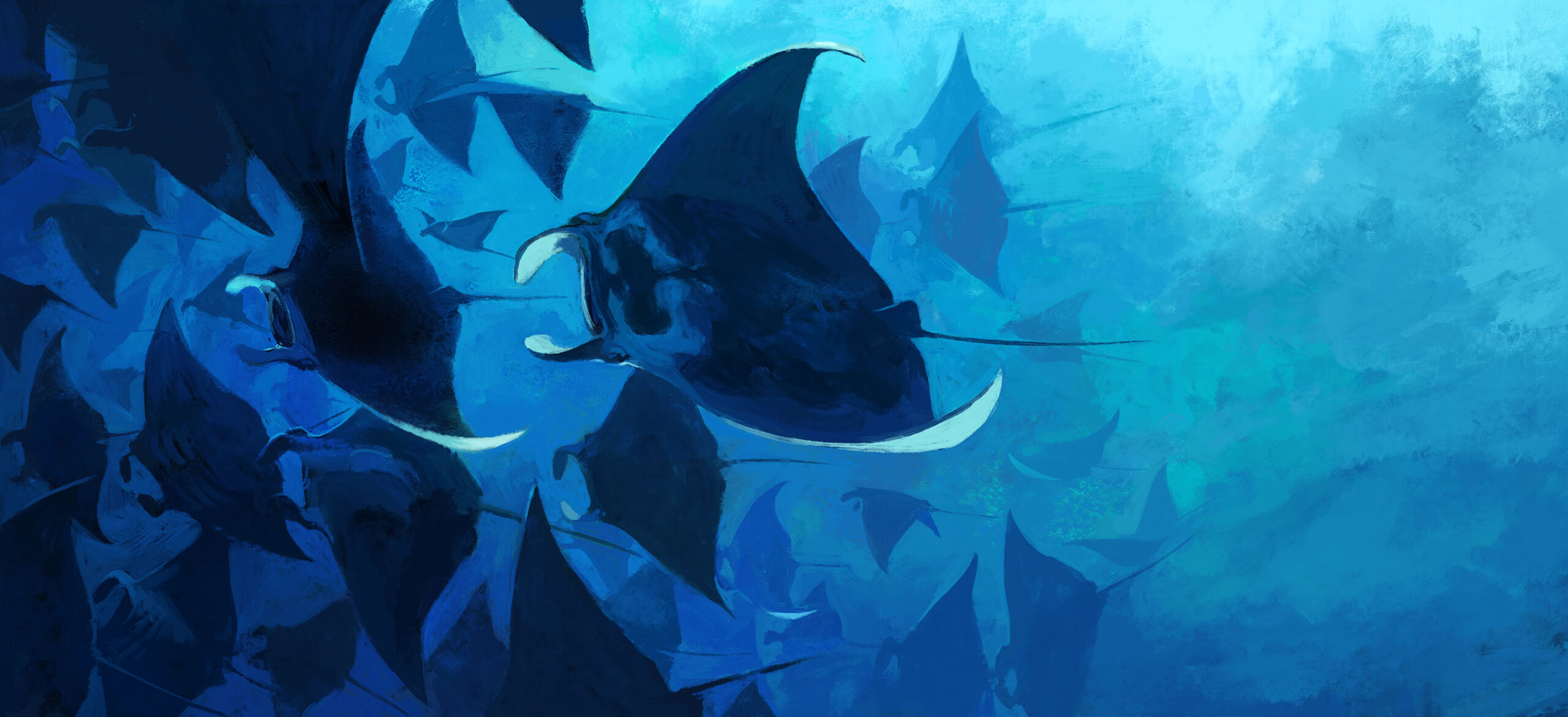
Reduce waste through regenerative design.
Limit the use of virgin raw materials.
Create less waste by turning it into resources.
Produce reusable packaging.
Prevent old resources from entering the waste stream.
Promote a culture of reuse.
Bring objects to life by making them reusable.
Create products from recycled materials.
Use production waste to create new items.
Our objectives are, on the one hand, to help reduce the consumption of resources such as virgin raw materials, water and energy while increasing the quality of recycled products and, on the other, to preserve corporate social responsibility, which is crucial to the creation of long-term values. In line with the concept of systemic design – the ability to design a product through its entire cycle, conceiving it as part of a system that interacts with it – our challenge is to turn outputs, the waste of an activity, into inputs. The aim is to rebalance the relationship between production, the environment and society through the design of productive, social and environmental sustainability.
By applying the principle of nature’s metabolisation – a reality that does not produce waste – at an industrial level, we have achieved our production process with systems that operate in a closed loop. We are constantly seeking production solutions with limited environmental impact through: control of CO2 emissions, waste disposal and recycling, supply of raw materials, energy saving and removal of chemicals from production processes in order to protect the health of workers and the environment. We have been able to convert 95% of our products into sustainable plastics.
Since 2009, 2,082,000 kW has been produced
with 1,600 tons of CO2 emissions avoided to date.
We boast a vast ecological offer of sustainable items in paper, fabric and bioplastics. We use recycled and recyclable, FSC-certified and zero-emission paper, neutralising residual CO2.We also have an excellent choice of fabrics made from eco-friendly, organic, natural and recycled fibres: Organic cotton, regenerated cotton and innovative fabrics such as bamboo fibre. We produce biodegradable, compostable bioplastics from renewable sources such as sugarcane. This is in addition to carefully selecting production by-products to offer pre-consumer and post-consumer plastics with characteristics similar to virgin material, but helping to reduce resource consumption.
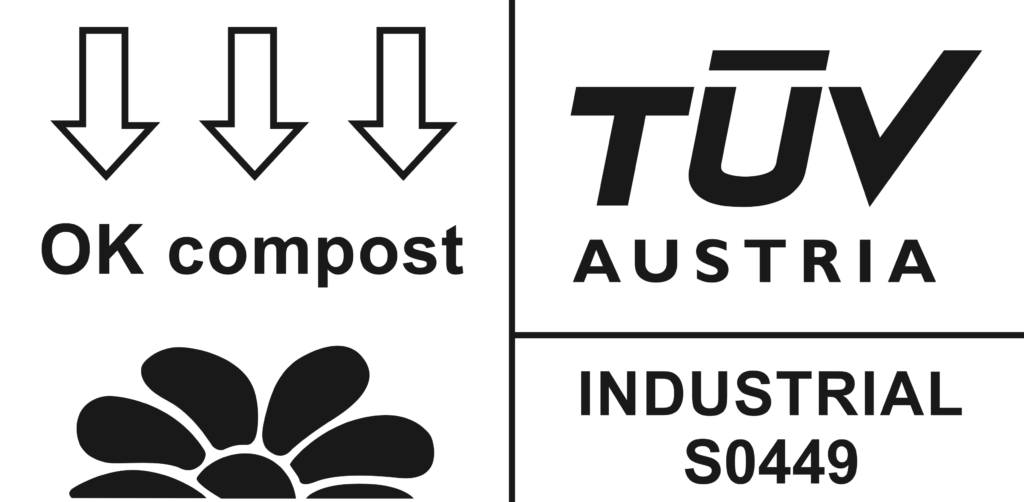
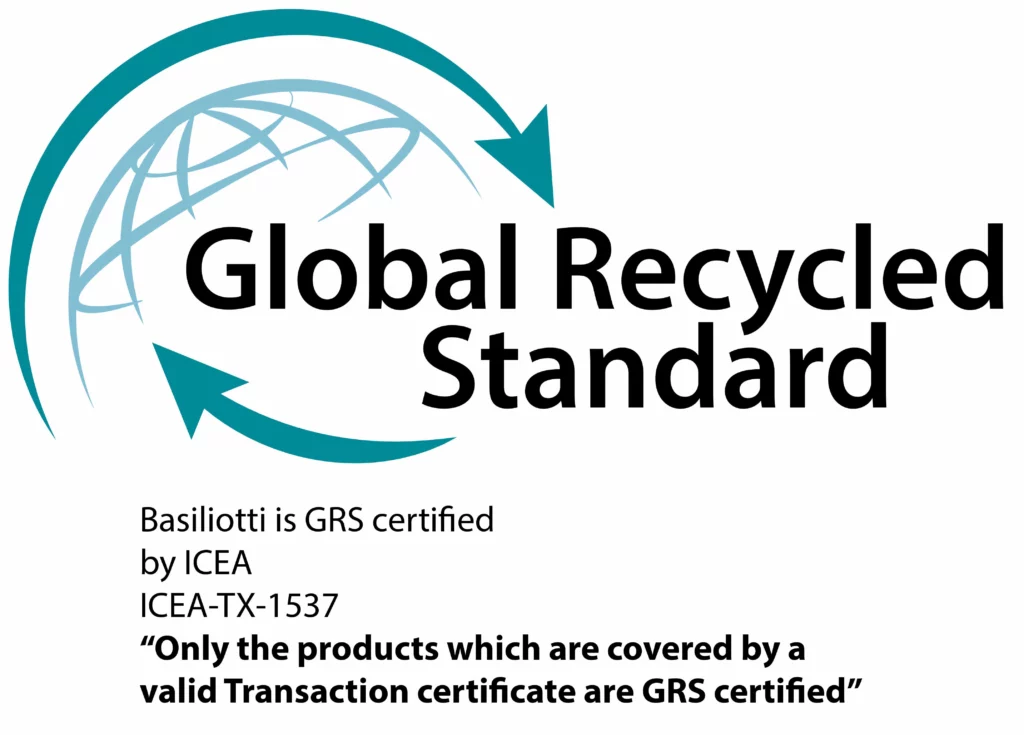
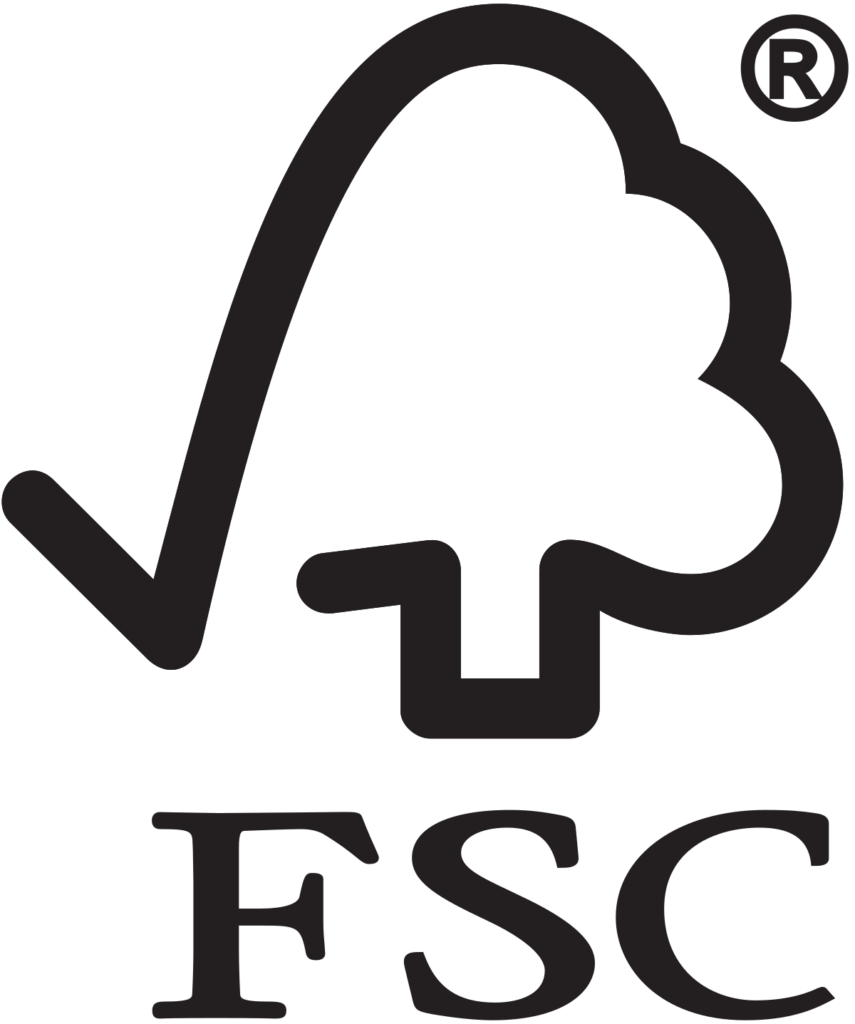
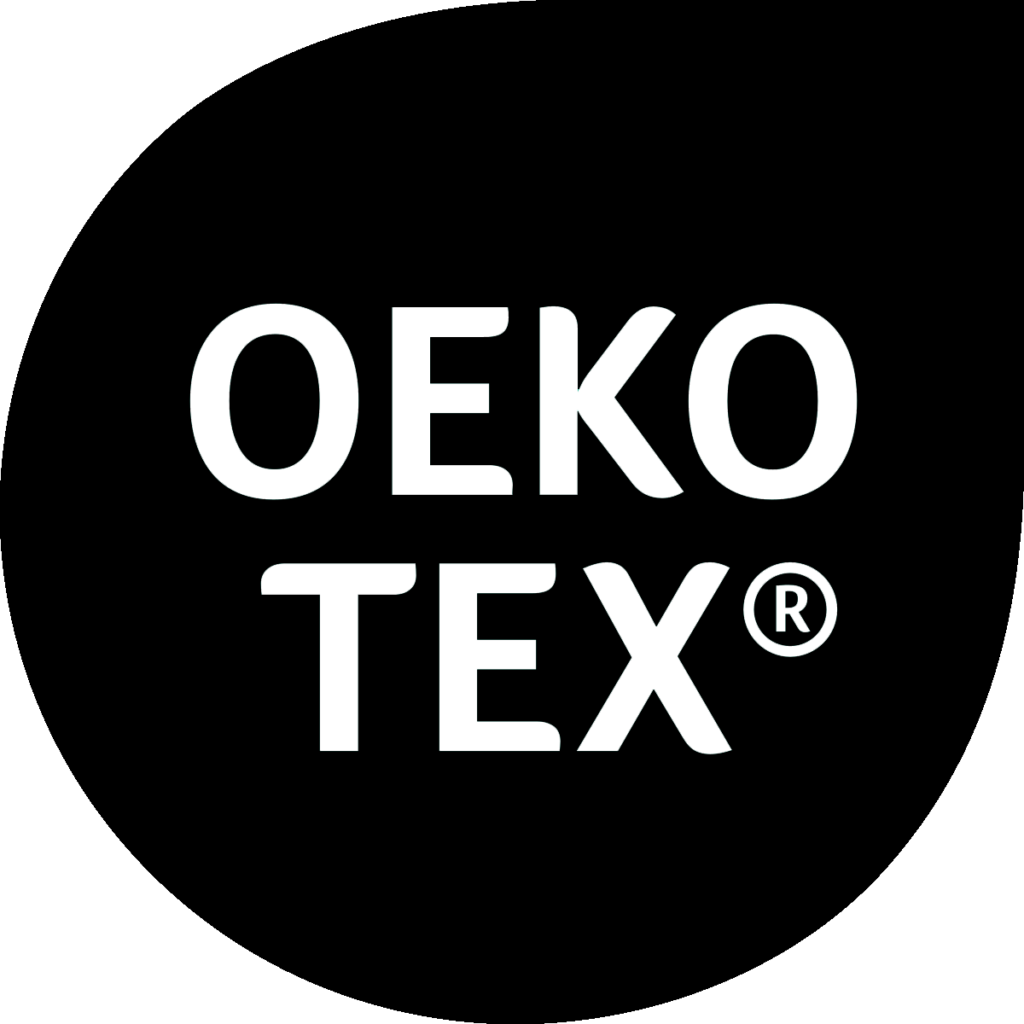
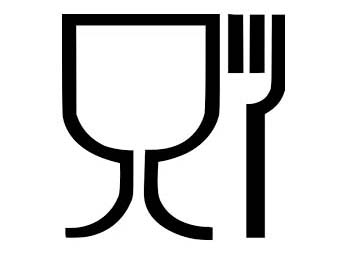
Compostable plastics are a type of plastic material that can be biologically decomposed through the action of microorganisms such as bacteria and fungi in the environment. They are made from materials of biological origin, such as corn starch, potatoes or other plant materials. According to the UNI EN 13432 standard, our raw materials are free from odours and plasticisers, and contain mineral fillers with low environmental impact.
GRS-certified pre-consumer recycled plastics are by-products of plastic manufacturing generated during the manufacturing process. These are collected and recycled to create new products. Instead, post-consumer recycled plastics are materials derived from plastic waste used and discarded by consumers. The use of pre-consumer and post-consumer recycled pastes helps reduce dependency on virgin raw materials and reduce the environmental impact of plastic production. In addition, plastic recycling helps to regenerate existing materials by reducing the amount of plastic waste that ends up in landfills or the environment. Our recycling processes meet all the GRS certification standards.
Bio-based polymer obtained from the processing of sugar cane, therefore, from a renewable raw material. It is an excellent regenerable alternative to fossil polyethylene (PE). This bio-based plastic is 100% recyclable. Every kg of Green PE produced saves - 3.09 kg of equivalent CO2.
R-PET (recycled PET) is a tissue made of 100% recycled plastic bottles. R-PET production saves energy and resources.
Our woven bags are made from 85% recycled plastics. Woven PP belongs to the non-woven family and is made from thermoplastic polypropylene (PP) fibres. Excellent strength and quality make this material particularly suitable for use in a multitude of technical areas.
Bamboo yarn, also called vegetable silk, is made from the wood fibre of the plant and belongs to the viscose family. Widely used by fashion brands, bamboo fibre is soft and pleasant to the touch, is anti-bacterial and protects against ultra-violet rays. It is made of only bamboo that sprouts and grows in remote mountainous areas or in arid soils unsuitable for the growth of other crops. When harvesting, the intermediate cut is adopted which sustainably allows the forest to grow. Bamboo yarn is a biodegradable fabric and its decomposition does not cause environmental pollution.
No chemical treatment is applied to organic cotton, either in cultivation without the use of pesticides or in subsequent processing steps, reducing the potential negative impact on the environment and protecting biodiversity. The Global Organic Textile Standard (GOTS) is recognised as the leading international standard for the certification of textiles made from organic natural fibres.
The Global Recycled Standard (GRS) is recognised as the most important international standard for the sustainable production of textile products made from recycled materials. Recycled cotton fabrics are certified when made from at least 20% pre- and post-consumer recycled materials. The traceability of the entire supply chain must also be ensured in order to comply with the environmental requirements (control of waste water discharge, appropriate use of chemicals) and social requirements (no child exploitation, compliance with safety requirements, etc.).
A wide range of environmentally friendly, recycled, recyclable, biodegradable, FSC-certified and zero-emission paper, neutralising residual CO2.
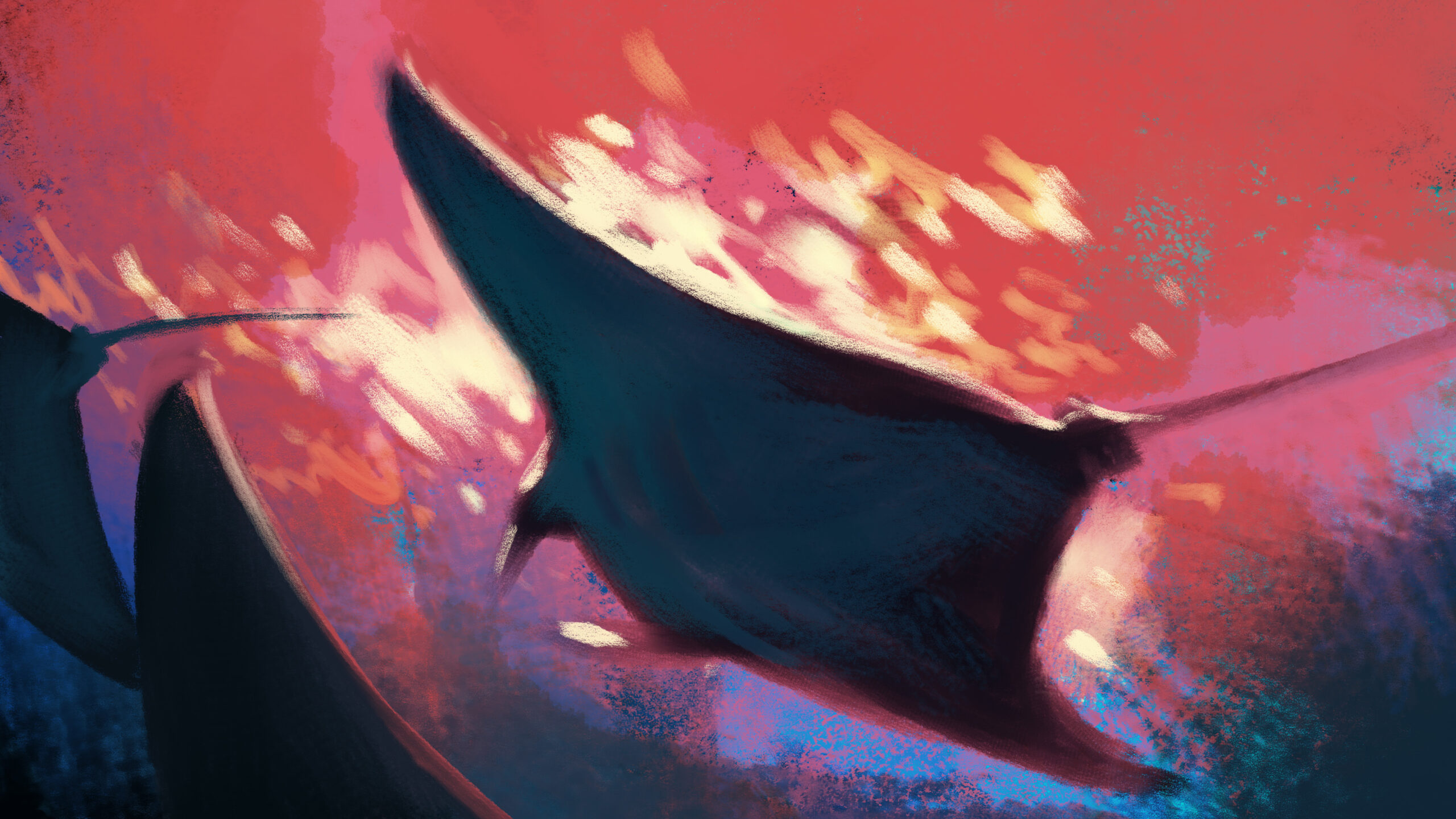
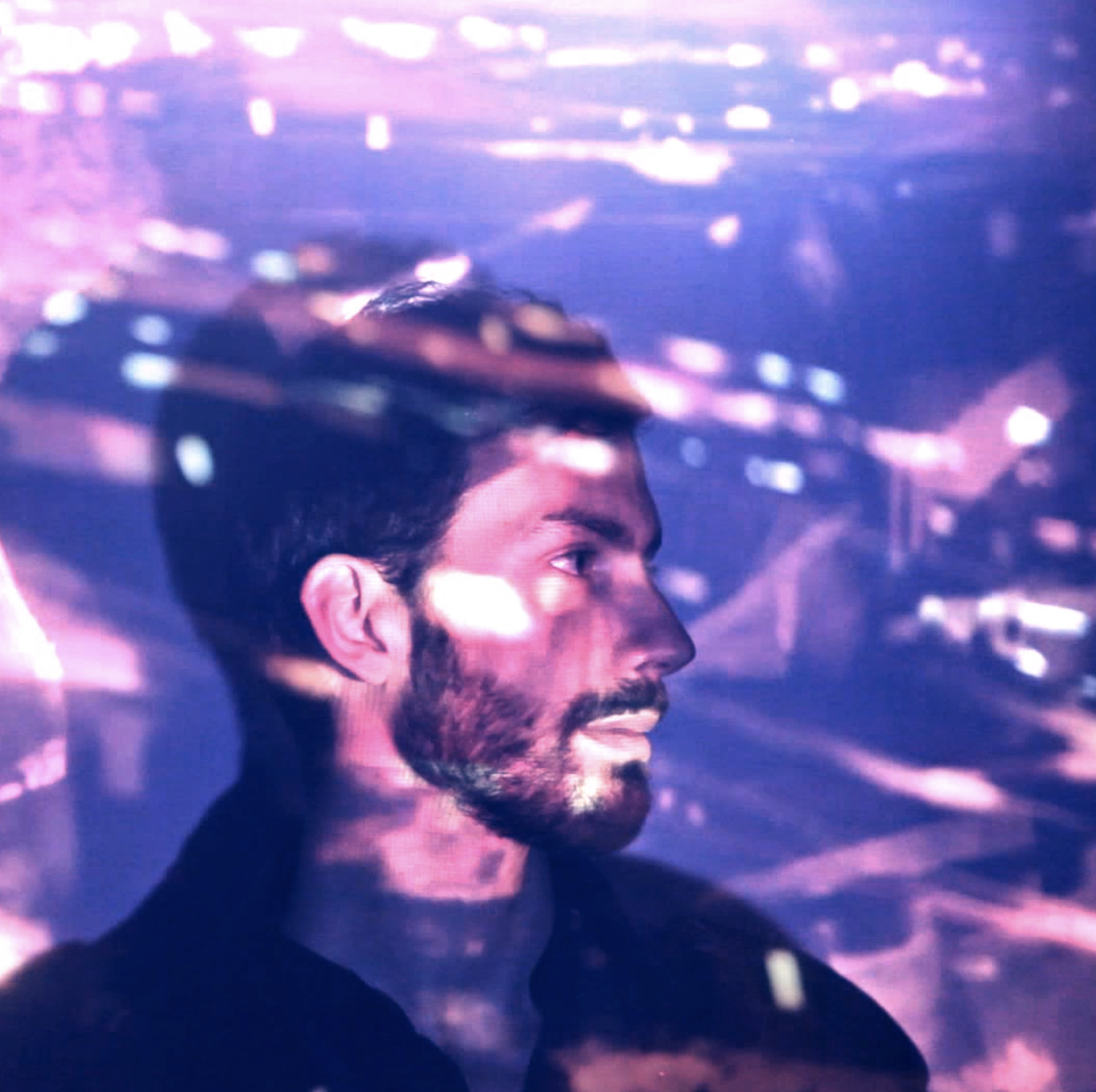
The videos and illustrations presented in this section were created especially for Basiliotti by the artist Cosimo Miorelli (Biella, 1986), a digital illustrator and live-painter who lives and works in Berlin. Miorelli's extraordinary Photoshop skills have created breathtaking drawings that capture the essence of sustainability in modern society. Miorelli's artistic research combines a variety of narrative tools, moving between illustration, comics, painting and live-storytelling performances created in collaboration with performers and musicians. He has collaborated, among others, with authors and musicians such as Stefano Benni, Paolo Rumiz, Vincenzo Vasi, Luigi Cinque, Badara SEK, Loris Bishop, Saba Anglana, Fernando Mota, RAF, Ivan Bert, GUP Alcaro and Giorgio Pacorig.
